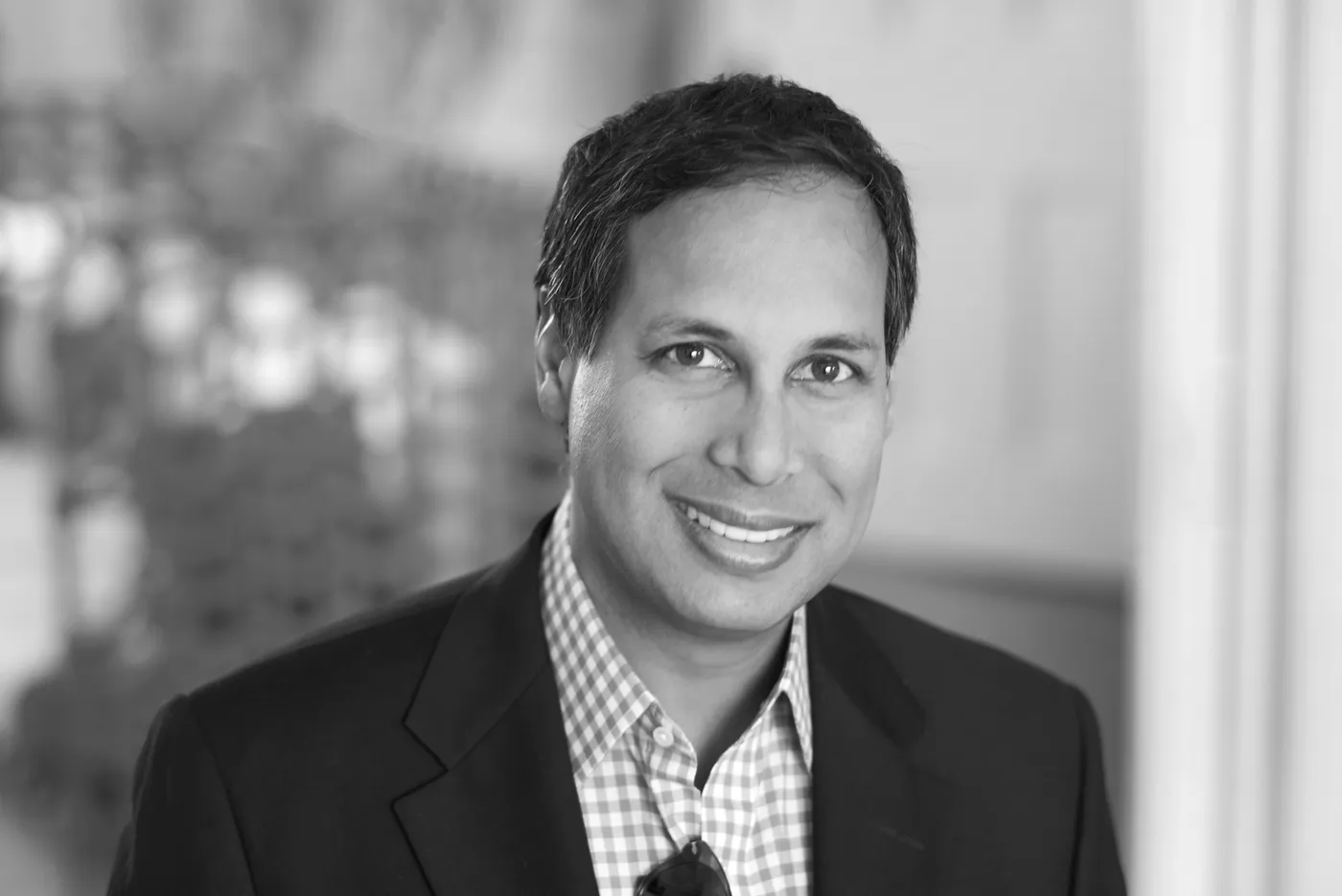Singapore: #7 in the 2020 World Index of Healthcare Innovation

Introduction
Singapore ranks 7th in the World Index of Health Care Innovation, with an overall score of 50.37. Its strong overall performance is driven by high scores for Choice (#4, 48.64) and Science & Technology (#6, 47.98), thanks to high consumer choice, strong research universities, and top-notch digital health care.
Singapore’s fiscal performance has deteriorated, ranking 19th for Fiscal Sustainability with a score of 50.89, due in part to politically driven “top-ups” in public health care spending. While the overall cost of health care in Singapore remains remarkably low, its edge of the rest of the industrialized world is shrinking.
Background
The Singaporean health care system does not fit neatly into Western categories like single-payer or universal private insurance. Instead, Singaporean health care is both further to the left and further to the right of the U.S. system. It features a single-payer program for catastrophic insurance, called Medishield. But it also features a system of universal Health Savings Accounts, known as Medisave, which enables patients to shop for the everyday care they need without resorting to a third-party payer.
In a manner somewhat like the U.S. Social Security system, Singapore takes mandatory deductions from workers’ paychecks — around 20 percent of wages — and deposits a portion of them into health savings accounts called Medisave. Medisave accounts are used mostly for inpatient expenses, but also some outpatient ones. Singaporeans are expected to pay most of their outpatient expenses with non-Medisave cash.
This HSA-based system encourages providers to compete on price and value. In addition, it rewards Singaporeans for looking after their own health and for not overutilizing the health care system.
Notably, prescription drug pricing is unregulated. Drugs on a standard list maintained by the Ministry of Health are subsidized; drugs off the list are unsubsidized and obtainable via out-of-pocket spending. This gives Singaporeans complete freedom of choice, while still keeping costs in check.
Quality
Singapore ranks #21 for Quality. Singapore struggles most to prevent hospitalizations, especially for asthma, COPD, and diabetes. However, Singapore has performed well in mitigating COVID-19, and its strong GDP growth fuels future investment in health care resources. Singapore also struggles to provide patient-centered customer care (#29). A bright spot: Singapore maintains an ideal hospital occupancy rate that maximizes efficient resource use while also having enough capacity to deal with emergencies.
Choice
At #4, Singapore excels on the Choice dimension. While its access to new treatments is on par with most European countries in the Index, the defining feature of its health care system health savings accounts. The system keeps health insurance costs extremely low while giving patients maximum control of health care dollars. The system is further strengthened by free and open choice of providers, resulting in one of the freest health care systems despite Singapore’s single payer structure.
Science & Technology
Despite its relative small size, Singapore ranks #6 in Science and Technology. Besides Singapore’s providers universally embracing health digitization, Singapore is a world leader in medical innovation (#5). Driven by an impressive number of health care patents , Singapore surpasses the number of patents from Germany, despite being less than 7% as populous.
Fiscal Sustainability
At #19, Singapore has looming challenges for Fiscal Sustainability. Though its public health spending is among the lowest of any country in the Index at 2.5% of GDP (#4), Singapore’s national solvency (#27) is in question with a debt-to-GDP ratio over 112%. In addition, public health spending growth (#29) has risen faster than all but the United States and Japan — putting additional pressure on an already stretched national budget.



 ">
"> ">
">